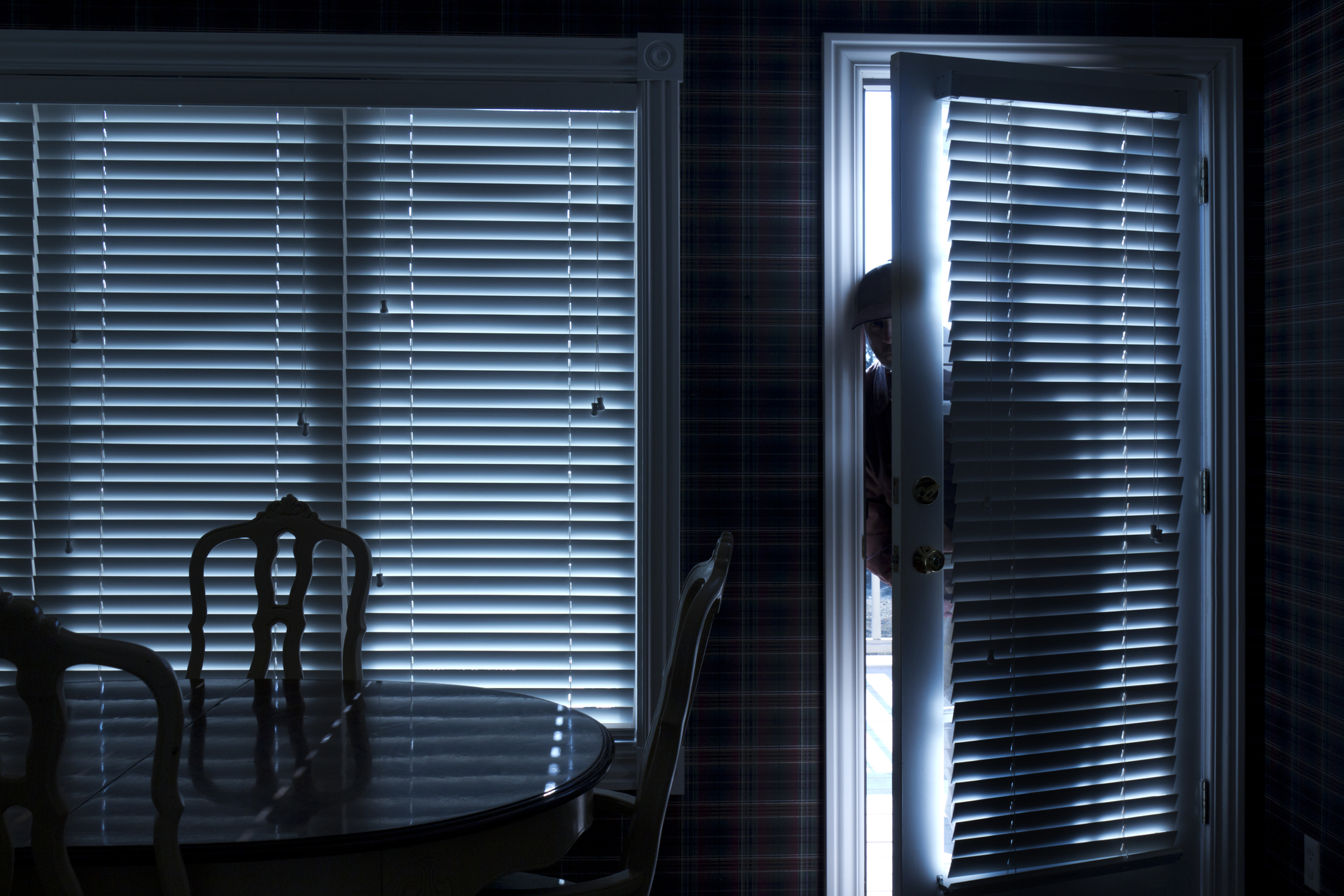Named after the game of leapfrogging, “phrogging” is the act of secretly living in someone else’s home without their knowledge or permission. The phrogger hops from property to property with one goal in mind: to live a rent-free lifestyle, regardless of who’s on the lease.
Don’t think that your renters are in cahoots with phroggers; your tenants won’t know who’s living in the walls any more than you do.
Though this may all sound like the plot of a thriller (Parasite arguably did it best), phrogging is all too real. Just ask Paul Mohlman, a man who discovered half-dressed intruders cooking illegal substances in his crawl space back in 2019. In 2021, a 20-year-old Cedar City resident pled guilty to burglary, criminal mischief, and trespassing charges after breaking into multiple residences and watching pornography while the residents slept nearby.
So, what’s a landlord to do? It’s time to arm yourself with knowledge and an action plan to catch phroggers mid-croak.
Who Are Phroggers?
Many phroggers either suffer from mental health problems, have a specific target in mind (e.g., someone they don’t like), or are the property owner’s fans, Lifehacker points out. Mental health struggles shouldn’t be taken lightly and deserve empathy. At the same time, you have the right to know who’s living in your property and the duty to protect your tenants from this type of criminal activity.
Phrogging vs. Squatting
People living in property that isn’t theirs may remind you of another common fear among landlords: squatting. But squatting and phrogging are distinctly different in three ways:
- The person’s intent. A squatter typically wants to live in the property long term and may assume ownership after a certain period of time, depending on your local laws. Phroggers break in on a short-term basis and don’t want to take ownership of the property.
- The laws they’re breaking. While squatters and phroggers are typically trespassing on a criminal level, they rack up additional law violations depending on their intent. Depending on your state, squatters may also face destruction of property and vandalism. Phroggers could be charged with invasion of privacy, stalking, and harassment, depending on their behavior in the unit.
- Who they target. Phroggers usually target occupied properties while squatters focus on vacant homes. Although phrogging is less likely to occur than squatting, this difference underscores the additional danger the former brings to light.
How to Protect Your Rentals From Phrogging
You’re not as likely to discover a phrogger as your tenant, but that doesn’t mean there’s nothing
you can do to protect your property. If you have reason to believe that someone is secretly living in the unit, you should:
- Talk to your tenants. Let them know your concerns, and ask if anyone else is living in the property. Explain that you plan to have the police get involved and want everyone to stay safe. This gives them the chance to come clean if they moved someone in who isn’t on the lease or even provide additional context for your concerns. If they’re concerned too, move on to the next step.
Pro Tip:
If your tenant approaches you with fears of someone phrogging the unit, take them seriously! Conduct an inspection, and be sure to check the carbon monoxide detectors. The poisonous gas can make people see or hear things that aren’t real, and that’s more likely to happen than having a secret phrogger in the walls.
- Gather evidence. Installing discreet cameras with your tenants’ explicit consent could help you and the police determine what’s going on. If you catch a mysterious figure sneaking out of the attic at night and plundering the fridge, you’ll have the proof you need to move forward.
- Contact the police. If you or your tenant are truly worried that someone’s snuck in the unit or you capture something on camera, do not continue to investigate by yourself. That could lead to a seriously dangerous situation. As Lifehacker highlights, “even if you can use deadly force against intruders in your property legally, killing someone who just wants somewhere warm to sleep for a few nights has troubling moral implications.” Get professionals involved instead.
But let’s say that all of this information makes you want to take precautions before anyone can leapfrog into your rental. Here’s what you need to do:
- Maintain a regular property inspection cadence, and watch out for signs of unauthorized entry or occupation.
- Keep property maintenance as a top priority, especially anything related to the property’s entry points.
- Install a security system, complete with alarms and motion detectors. Check your state laws and communicate with your tenants before taking this step!
- Make sure your tenants feel comfortable coming to you with concerns by prioritizing your professional relationship.
By following these steps, you’ll set yourself up to catch phroggers if any of them should make their way to your (lily)pad. Another great way to protect your rentals is to screen tenants thoroughly, maintain good documentation, and communicate with your renters through a convenient online portal. Sign up for a free TurboTenant account today!
